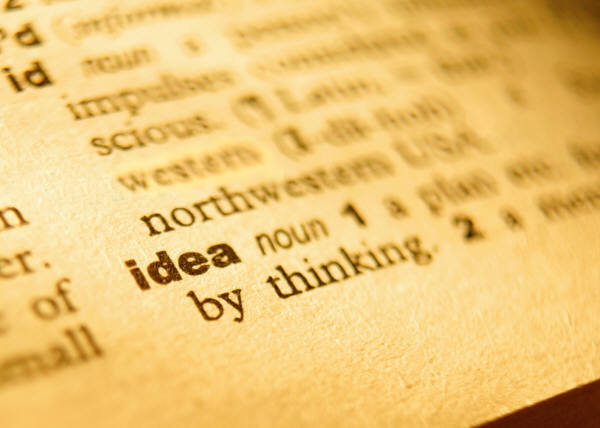A phrase is a group of related words within a sentence without both subject and verb. A phrase functions as a noun, verb, adverb, adjective or preposition in a sentence. The function of a phrase depends on its construction. On the basis of their functions and constructions, phrases are divided into the following types.
Noun Phrase: A noun phrase consists of a noun and usually modifiers and determiners which modify the noun. The whole phrase works as a noun in a sentence.
Example: She bought a nice white skirt.
Verb Phrase: A verb phrase is a combination of main verb and its helping verbs in a sentence. The verb phrase can refer to the whole predicate of a sentence
Example: She cooked my favorite pasta yesterday.
Adverb Phrase: An adverb phrase consists of adverbs or other words (preposition, noun, verb, modifiers) that make a group which works like an adverb in a sentence. An adverb phrase functions like an adverb to modify a verb, an adjective or another adverb.
Example: He talks in a loud voice.
Adjective Phrase: An adjective phrase is consists of adjectives, modifier and any word that modifies a noun or pronoun. An adjective phrase functions like an adjective to modify (or tell about) a noun or a pronoun in a sentence.
Example: The jar is full of juice.
Participle Phrase: A participle phrase consists of a present participle, a past participle and modifiers or other associate words. A participle phrase is separated by commas. Participial phrases always function as adjectives.
Example: The boy, wearing red shirt, is my brother.
Prepositional Phrase: A prepositional phrase starts with a preposition and mostly ends with a noun or pronoun. A prepositional phrase functions as an adjective or adverb in a sentence. It consists of a preposition, object of preposition (noun or pronoun) and may also consist of other modifiers. For example: on the roof, on the table, under table, in the wardrobe.
Example: The jar is on the table.
Absolute Phrase: Absolute phrase is a group of words including a noun or pronoun and a participle as well as any associated modifiers. It is also called nominative phrase. Absolute phrase modifies the entire sentence. It resembles a clause but it lack a true finite verb. It is separated by a comma from the rest sentence.
Example: She was writing on the board, her back towards the class.
Infinitive Phrase: An infinitive phrase consists of an infinitive and modifiers or other words associated to the infinitive. An infinitive phrase always functions as an adjective, adverb or a noun in a sentence.
Example: To learn music is my dream.
Gerund Phrase: A gerund phrase consists of a gerund and modifiers or other words associated with the gerund. A gerund phrase acts as a noun in a sentence.
Example: She likes reading books.
SchoolTutoring Academy is the premier educational services company for K-12 and college students. We offer tutoring programs for students in K-12, AP classes, and college. To learn more about how we help parents and students in Indio visit: Tutoring in Indio.



